Andddddddddddddddd, we’re back.
Happy new year guys. I’m sorry it’s been so long – blame the new WordPress.org interface, and work, and life. I’ve missed you, missed sharing all the goodness of food. The first post is a guest one, from Akwugo of Ahshakasha.com, sharing everything about the common yet uncommonness of the orange, about motherhood and parenting, about what we learn. Read on and celebrate, for orange (And citrus season is here!). This post birthed something in me which I’ll share in my next post. Its amazing just where inspiration comes from!
It’s orange season.
At first glance, oranges, like apples, seem like such an uninspiring fruit to talk about, let alone write about. They are ubiquitous and ordinary. And unlike apples, they do not feature in as many salads, meals, pies or smoothies; so they don’t have the honour of being as useful. I realize that this is a bit of an unfair comparison – exactly like comparing apples and oranges 🙂
However, it recently occurred to me, that it is its prevalence and familiarity that gives this fruit a warm spot in my heart and the ability to bring me comfort.
When I was a child, my mom would go to Oyinbo market and buy a basket of oranges. We would then all sit outside the house on kitchen stools, those short ones that are perfect for pounding yam. My mother in the middle of the circle, all her children in front of her in a semi-circle, a kitchen towel and an empty tray on her lap and a full basin of washed oranges at her feet.
My mother, the only one with a knife in her hand would begin to peel the oranges. There are several ways to peel an orange, my mother’s preference is horizontally and around its axis. I remember that she would turn the act of peeling an orange into a competition and make a big show of peeling really long lengths of orange rind, trying to peel the whole orange without any break and definitely without any wounds. Till this day, when I peel an orange I consciously watch out for the length of my orange rinds and the number of wounds I make; it is a sweet single person game that I play and I am incredibly grateful to my mother for this simple way of amusing myself.
While my orange peeling record is not as stellar as my mom’s, there is this way that my hand moves at the end of every row of orange skin, when I have to lightly toss the orange to twirl it so that the uncut part on the other side is revealed; that movement is clearly my mother’s gesture. I spent hours mesmerized by the intensity of her concentration, the hesitation, but deftness of her knife blade, and mostly the melody in the rhythm of her hand, and I couldn’t be happier that somehow I managed to imbibe and copy it – this is an imperishable gift from my mother that I will always have. As is the fleshy part of my palm that connects my thumb to my wrist, right where the orange lies.
Once done peeling the skin, her preference is to cut the orange into equal halves at its middle,…
… but if she’d injured the orange, she would cut it at the point of the injury.
In contrast, my grandfather’s orange was always cut at the top, so that the top was a mere cap, with nary any juice inside it. Most of the meat and juice was at the bottom half and this meant that there was lots of squeezing and drinking. I still remember, more than twenty years later, how in the evening, he would be served an orange on a saucer and I would watch him lacha the oloma (“lick the orange” in Igbo).
In my grandmother’s house, oranges were peeled vertically, the way northern orange sellers peel theirs.
There was this one period in my adolescence when I would cut a coin sized peel off the top and bottom of the orange, then I’d cut the orange into four quarters along the vertical axis. If this doesn’t exemplify the concept of teenage ingenuity driven by laziness, I don’t know what else will. I am happy to report that in adulthood, I have returned to my mother’s preferred method, and I think this is my favorite way as well.
I can’t now remember whether my mother would peel all the oranges before we started licking them or whether she’d hand each peeled orange to one of us, starting always from the youngest, because my mother loved to reverse this Igbo tradition of the oldest choosing first. In the process, she inadvertently taught me to look after my siblings. This missing memory affects me, today, when I have a bunch of oranges to peel and eat, I’m conflicted about whether I should cut all of them first or eat as I go along – my decision tends to vary depending on my mood and how desperate I am for them oranges.
What I do remember is the contrast between the peeling and the licking period. While the oranges were being peeled, the silence would be punctuated with stories and laughter; and as we licked the oranges, our conversation would be interrupted mid-sentences by an odd silence – moments of licking and swallowing, and using your hand to convey, “give me a minute”. Those moments when you want to say something, but you have food in your mouth. Talking and eating are hardest while licking oranges and mangoes.
I have only just realized the level of deliberation, consideration and ceremony that goes into me eating an orange – it sounds exhausting, the things that go on in my head. But I haven’t shared the most extra one yet. I have previously written about how ‘unsweet’ fruits offend me, I generally feel like, “you had one job, which is to be sweet, what is your excuse?” I eat orange in quantities, so 2-4 at a go, and usually they are peeled in advance by someone else, so all 4 are presented to me at once, peeled, but uncut.
When I look at the oranges, I have no idea which will be sweet and obviously, I want to save the sweetest one for last. So friends, I do the only logical thing, and take the bull by its horn, tasting one half of each one, until I find either the sweetest or one sweet enough to be the last one, replacing the chosen one as I go along. It really is that serious to me, because the worst possible thing that could happen would be to eat the sweetest orange second to the last, which is what is bound to happen if I leave the choice to chance. I know I’m weird, but please let me know I am not alone.
My dad has this anecdote about how when he got home from work, while running into him for a hug, my sister would say, “daddy, you missed today, we did xyz”. I am almost positive that she never said, “we ate oranges today”, yet, oranges were a staple during our childhood, only gaining prominence and significance in my memory with this retelling. In this way, oranges are similar to an accent table or an accessory that you may not be conscious of in the moment, but once you see pictures, you’ll appreciate how well they bring the space or the outfit together.
What about you? Do you love oranges? Do you have any special stories, traditions or attitudes involving oranges? I’d love to hear.
Akwugo loves stories and connecting with people through their stories, she writes at www.ahshakasha.com


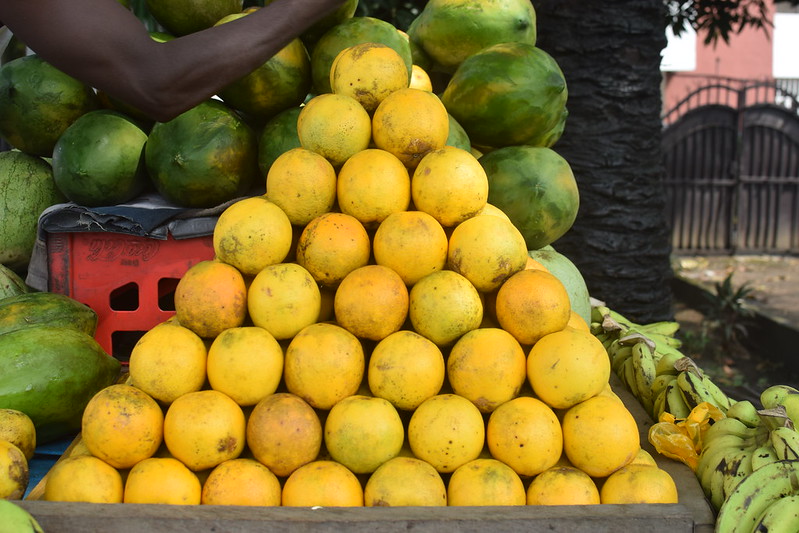
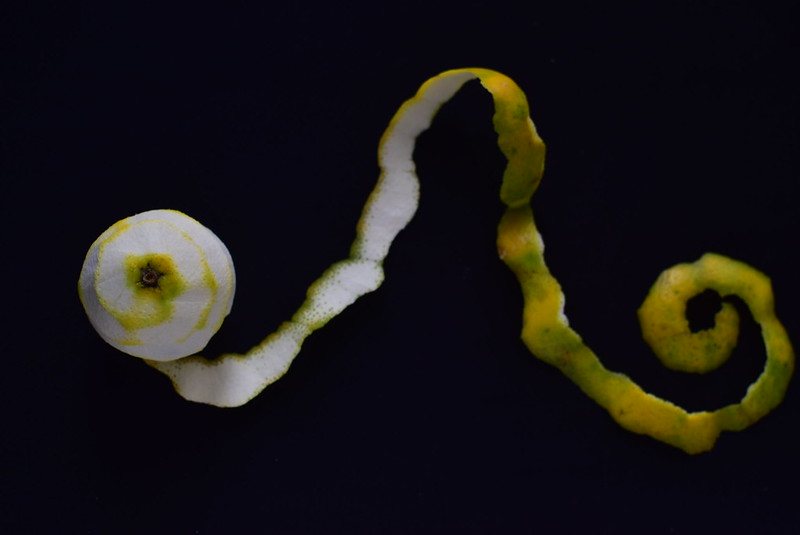
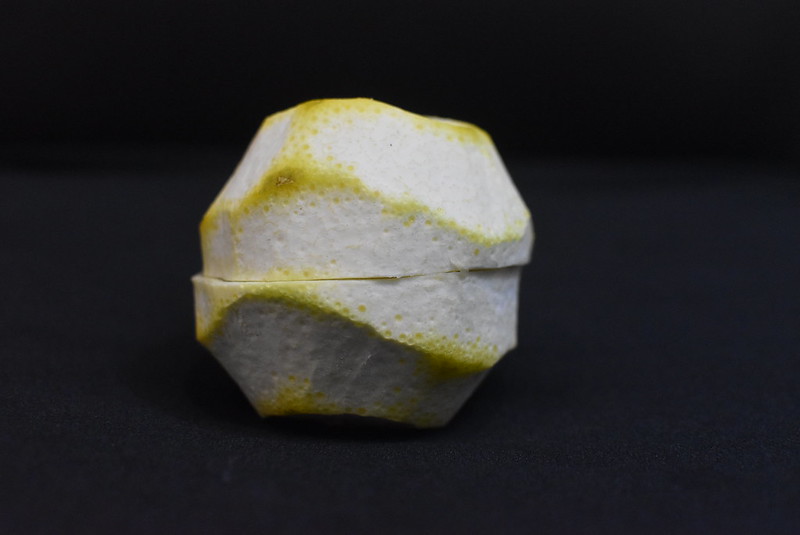
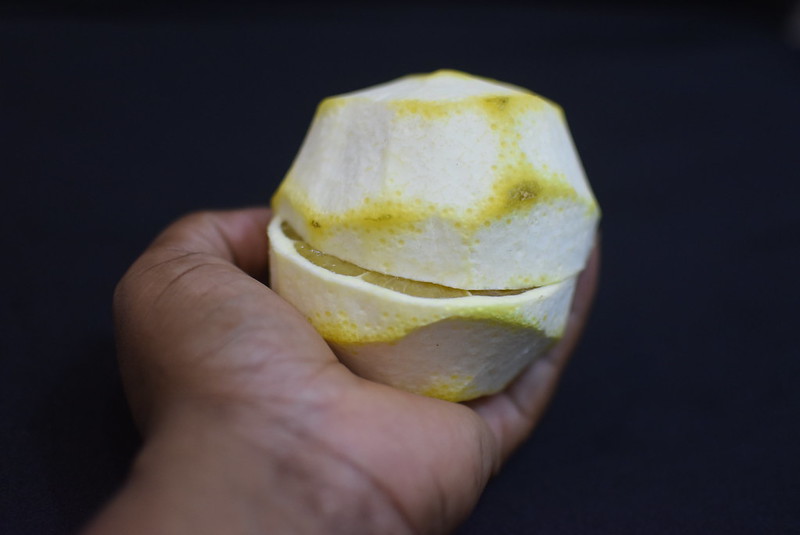
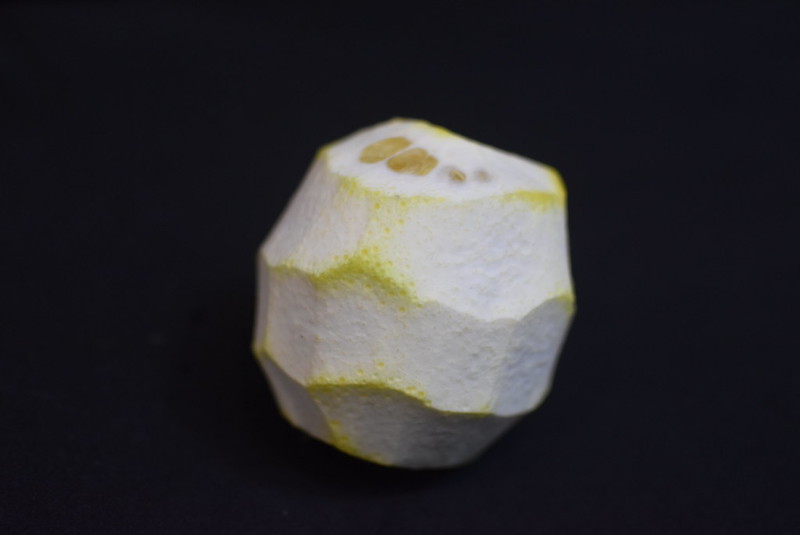
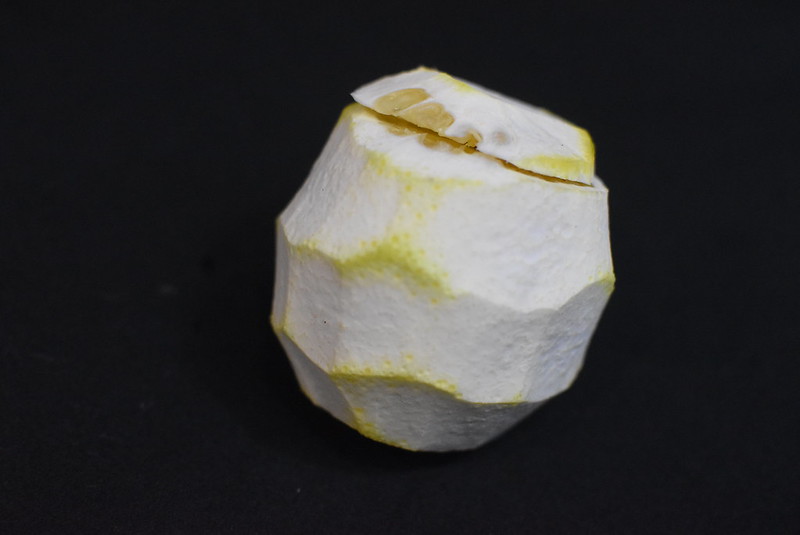
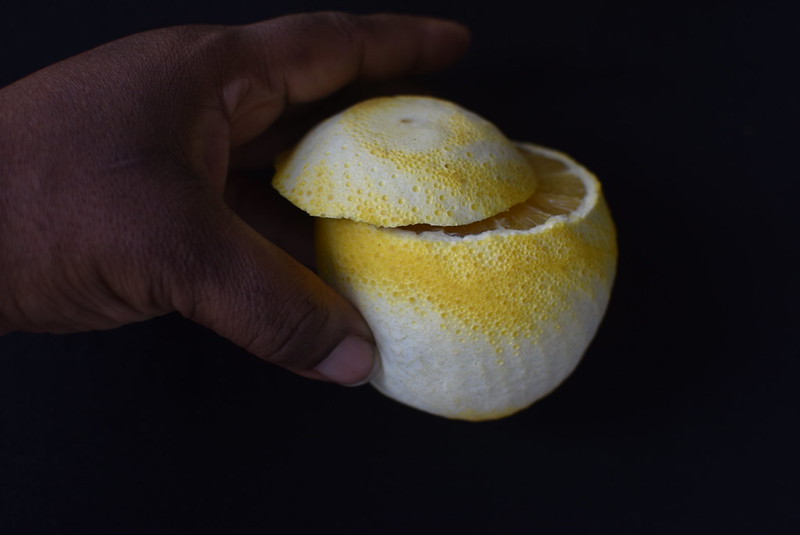
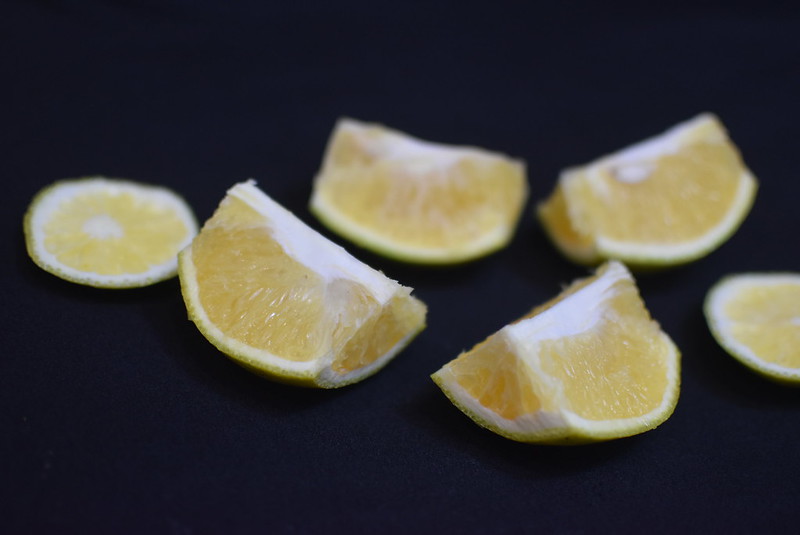
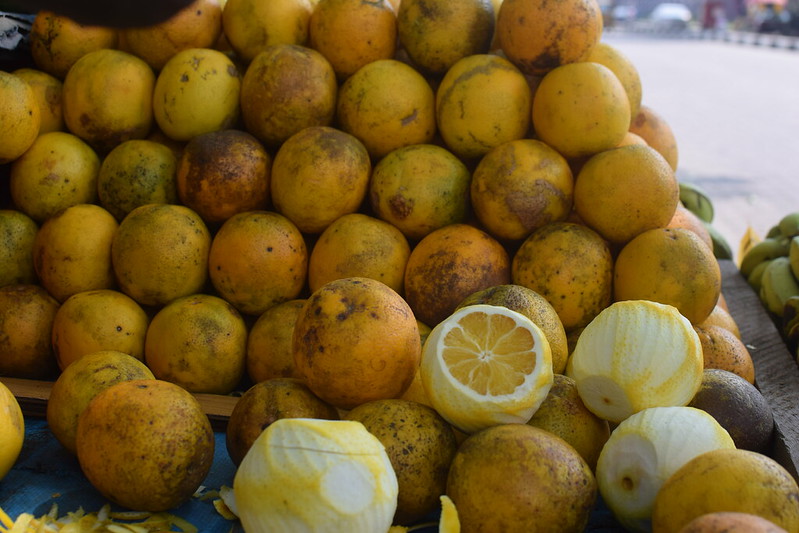
Leave a Reply